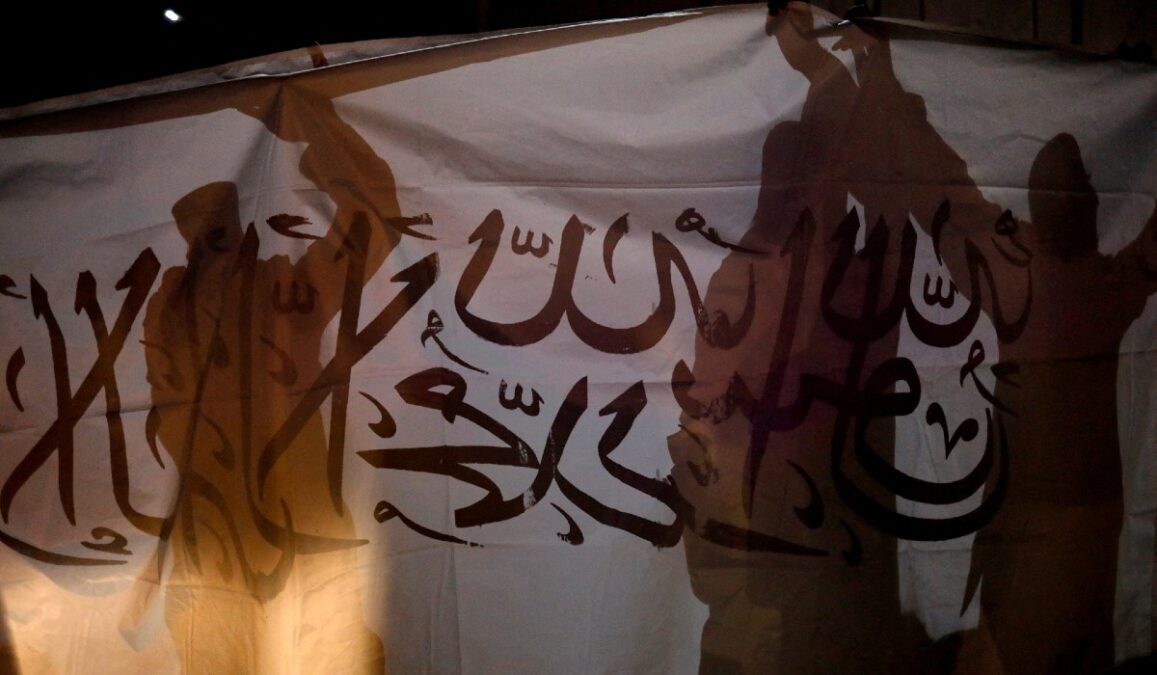Kandahar-based Taliban leader Mullah Hibatullah Akhundzada issued an Eid message on Sunday, claiming that reforms have been brought in many sectors, including reforms in women’s hijab and that women’s rights have been ensured based on Sharia, but he made no mention of girls’ education in his statement.
He said in his message that security has been ensured across Afghanistan and that efforts have been made to expand religious centers.
Last week, the Taliban’s head of religious schools said that “jihadi madrassas” have been established in five provinces of the country. On Saturday, the Taliban leader issued an order to allocate 100,000 vacancies for religious schools.
Akhudzada also said that all types of discrimination, including ethnic and linguistic discrimination, have been removed.
On women’s dress code, he said that important measures have been taken in reforms and hijab and that “negative impacts of lack of hijab and misleading of women” are on the verge of being totally removed.
Akhundzada said that a six-article decree has been issued which has directed all institutions to ensure women’s rights as free human beings, especially in the issue of marriage.
In part of his message, Akhundzada said that some orders such as Qisas (capital punishment) that were not possible in the past have been implemented and that people have witnessed it.
The statement mentioned the establishment of Taliban’s vice and virtue office as being an achievement that is helping to reform society.
He has also claimed that Afghanistan has become economically ‘self-sufficient’ for the first time in its modern history.
Akhundzada said that the Taliban wants “good relations” with the world, especially Muslim nations.
The message by the Taliban’s leader comes as over 1.1 million girls from secondary schools have been deprived of schooling for the past two years. In addition, thousands of girls have also been deprived of getting a university education and women are banned from working for aid agencies, including the United Nations.
In addition, almost 29 million people across the country now depend on aid to survive.




